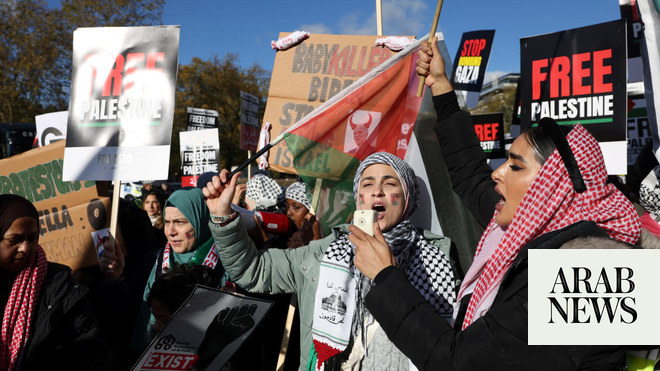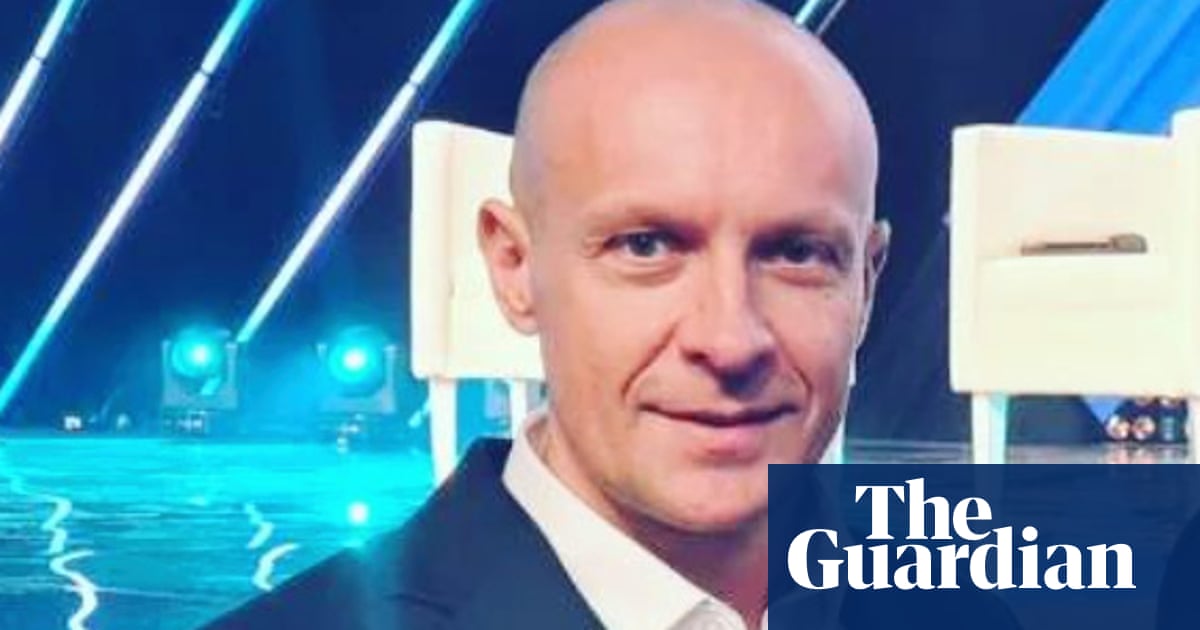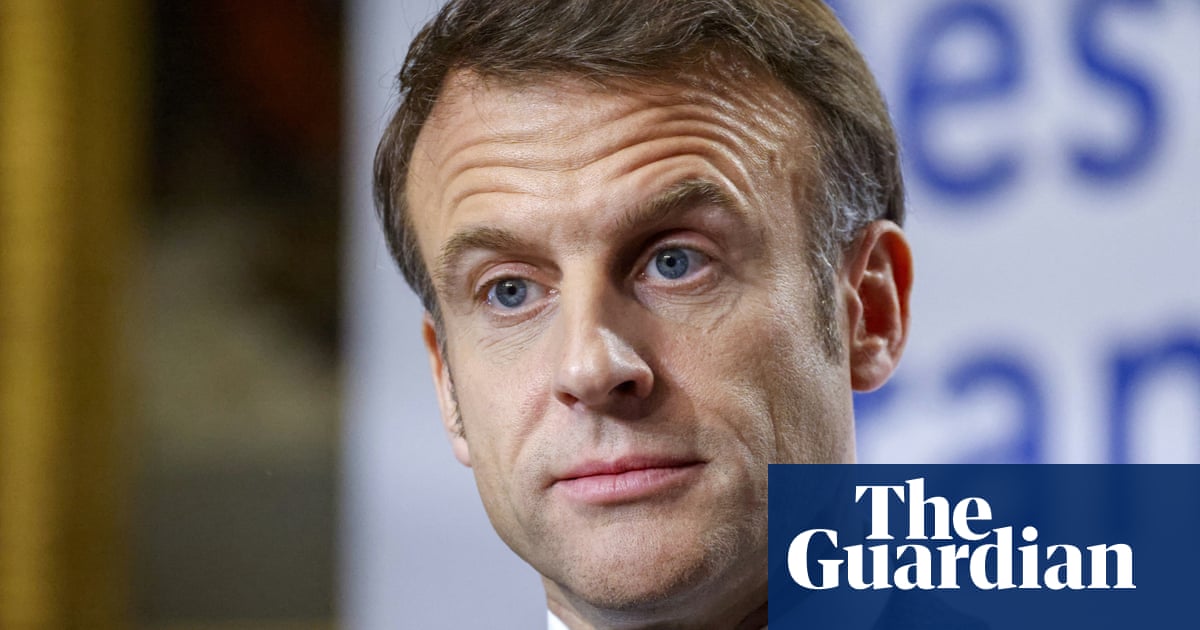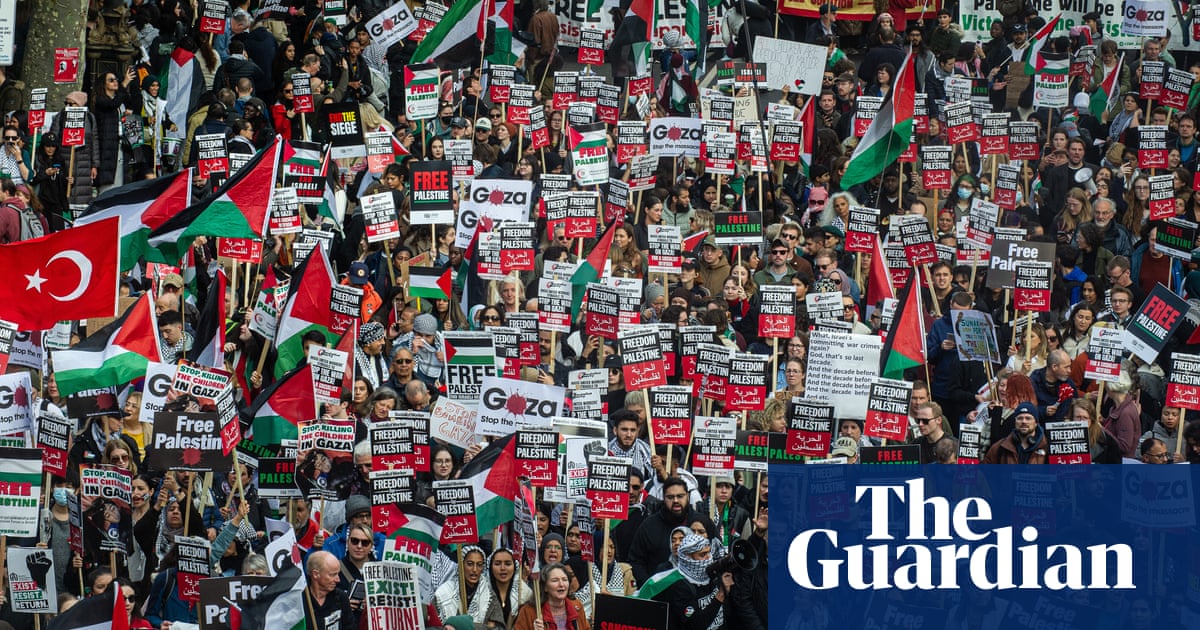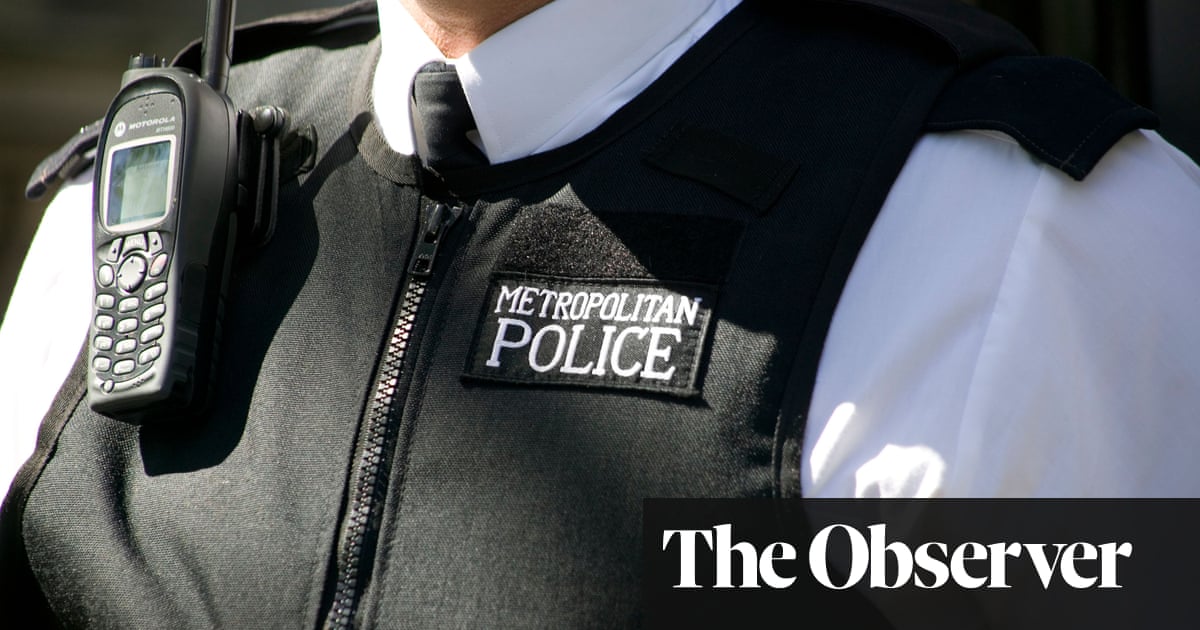
Efforts are being made to head off the possibility of clashes between Black Lives Matters activists and far-right demonstrators in London this Saturday, as anti-racism activists gear up for another weekend of protests.
Black Lives Matters organisers said they had decided to call off a planned protest at Hyde Park at 1pm on Saturday, warning that “many hate groups” were threatening the safety of those planning to come.
“We want the protests to be a safe space for people to attend,” a post from the BLM LDN organisers said. “However, we don’t think it will be possible with people like them present.”
Far-right groups, with the support of extremists such as Stephen Yaxley-Lennon, who calls himself Tommy Robinson, plan to hold a “defend our memorials” event at Winston Churchill’s statue on Parliament Square, where considerable numbers could be present.
The extremists claim they intend to prevent the landmarks from being targeted after Churchill’s statue was daubed with graffiti describing the wartime prime minister as a racist on Sunday.
There are fears among anti-racist campaigners that marauding gangs of hooligans will seek out BLM protesters around London with the intention of confronting them.
However, it is unclear whether BLM protesters will heed the call to stay away because other protests are still currently listed as going ahead.
Another event – “Antifascists support Black Lives Matter” – is also due to take place on Saturday lunchtime. This event is supported by the Labour pressure group Momentum, among others.
On Thursday several far-right groups were continuing to push their “patriotic unity” event on extremist channels and chat groups as an opportunity to stage a show of strength. It is unclear how many people will attend on the day.
Meanwhile, the chair of the National Police Chiefs’ Council, Martin Hewitt, said forces were braced for disorder to continue through the summer.
“We are going into the summer period, which is always a challenging period in relation to to incidents and disorder.” He said the economic slump caused by the lockdown and the ongoing effects of the pandemic could fuel discontent. “And of course now we do have the additional factor of the extraordinary movement of Black Lives Matter, and people’s feelings about inequality. So of course, when you put all of that together, that has the potential … to cause concern.”
Prof Clifford Stott, a government adviser, said this week there was a risk of trouble comparable to the 2011 riots that spread across England, catching police and government unawares, after the shooting of Mark Duggan in Tottenham, north London.
The police were the subject of criticism this week for not intervening after Edward Colston’s statue was pulled down in Bristol. The home secretary, Priti Patel, is said to have given the Avon and Somerset police chief constable, Andy Marsh, a dressing down following the incident.
Marsh defended his actions, telling the Guardian: “There would have been a risk of violent confrontation and other criminal damage and a risk of significant disorder in Bristol and beyond [had his officers taken action]”. Asked if he meant rioting, the chief constable said “yes”.
The chief constable added: “I do believe that disorder would have been significant in Bristol and [would have] made it an epicentre for violent protest.”
He said it would have been a “trigger event” for further disorder, and he pointed out that specialist public order training teaches the police that the wrong tactics can lead to peaceful protests turning violent.
Marshrefused to confirm or deny whether he received a dressing down from the government, but he reiterated that he felt his officers took the right decision under huge pressure.
“They decided not to intervene and they came to a view that to take action would have involved significant use of force and confrontation with otherwise peaceful protesters,” he said. “It was a non-intervention that led to a de-escalation and constraining of criminal acts. The statue had already been damaged. The police would have been the focus of anger for the crowd and the protesters.”
The toppling of the statue in Bristol sparked national debate, which Marsh welcomed. “I am pleased that events in Bristol have prompted a broader public debate on the appropriateness and legitimacy of statues and place names and the way our history is portrayed.”
But Marsh said those who toppled the statue – which on Thursday was dredged out of the harbour waters – would be pursued. “We are carrying out a full investigation and liaising with the CPS, who will decide if a prosecution will follow.”
The Essex chief constable, Ben-Julian Harrington, who leads for police chiefs on public order, issued a tough declaration: “We will not tolerate violence in our communities, whether that’s against people, whether it’s against property or, indeed, against police officers, and if this kind of disorder occurs, we will act.”
But, he said: “What we will do is have appropriate plans, and of course the officers will be there looking to make sure that people don’t get hurt in the first instance, trying to protect property if that’s the right thing to do, but people come first, making sure officers and those taking part are safe.”
Police said the BLM protests had so far been overwhelmingly peaceful, with an estimated 155,000 people taking part in nearly 200 gatherings. Sixty-two officers had been hurt and 138 people arrested.





